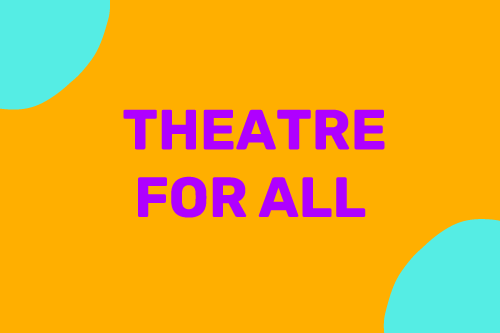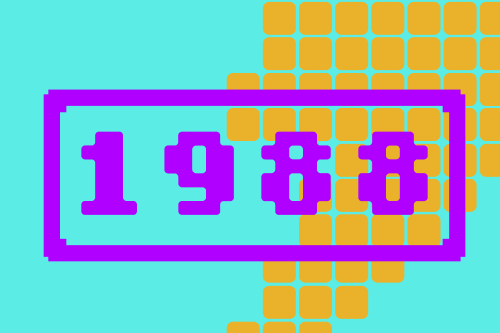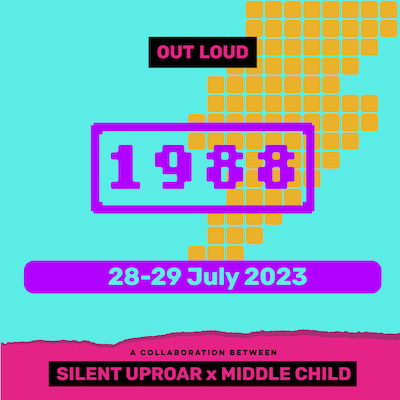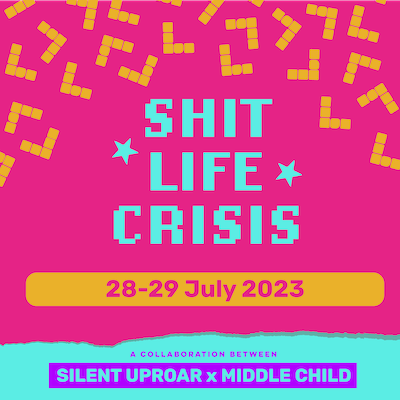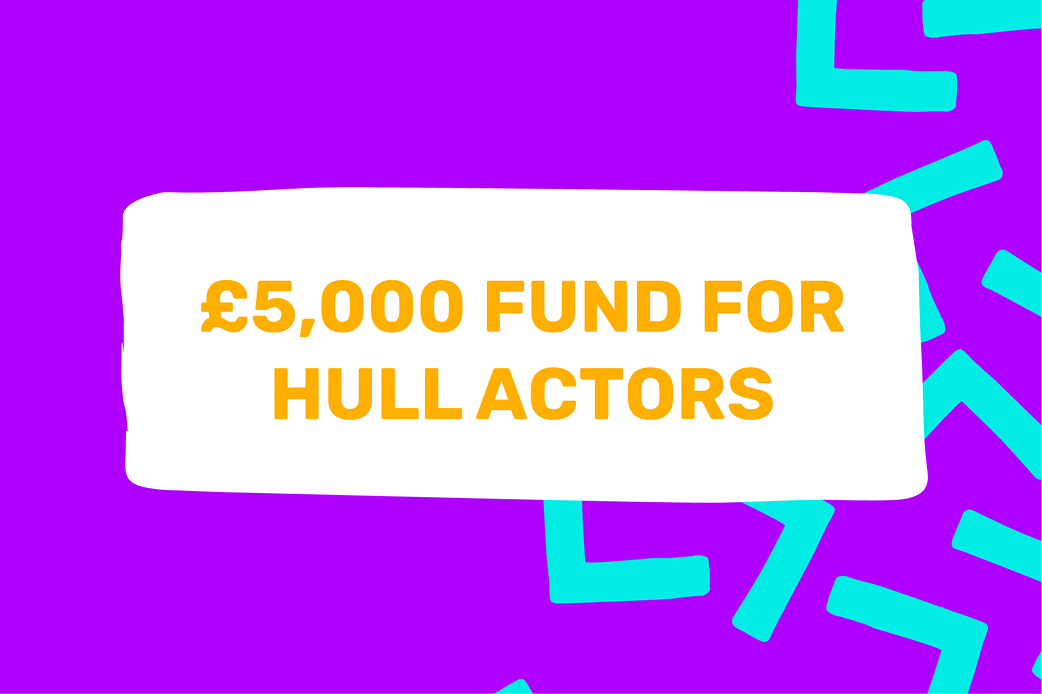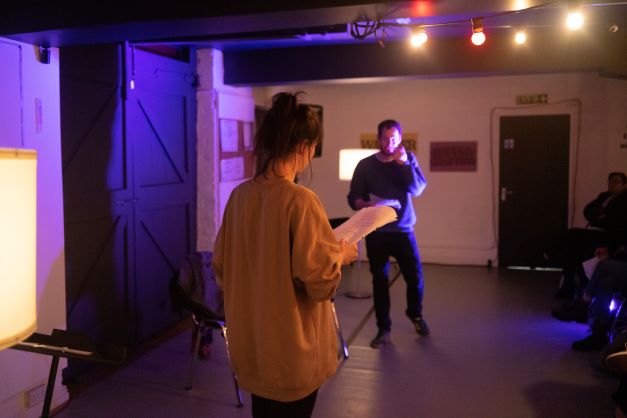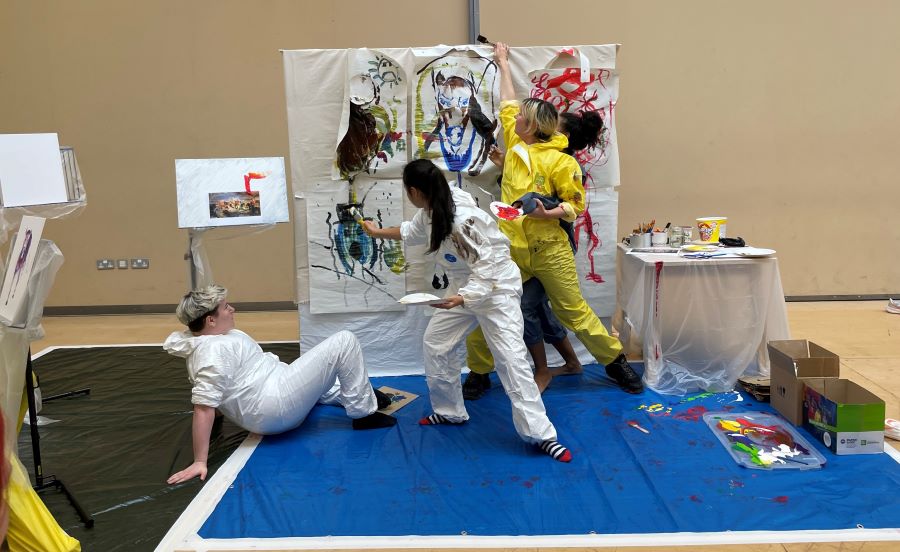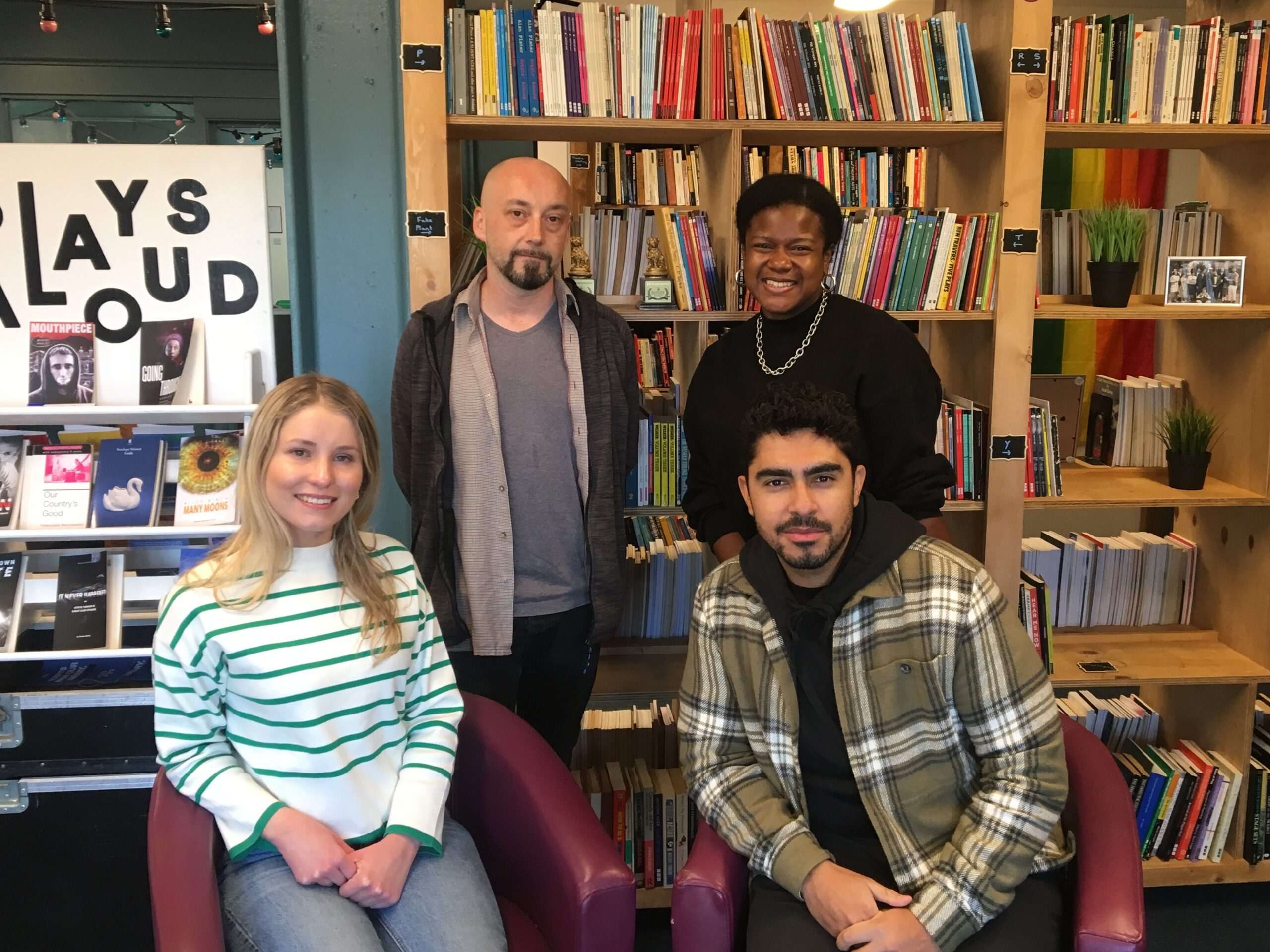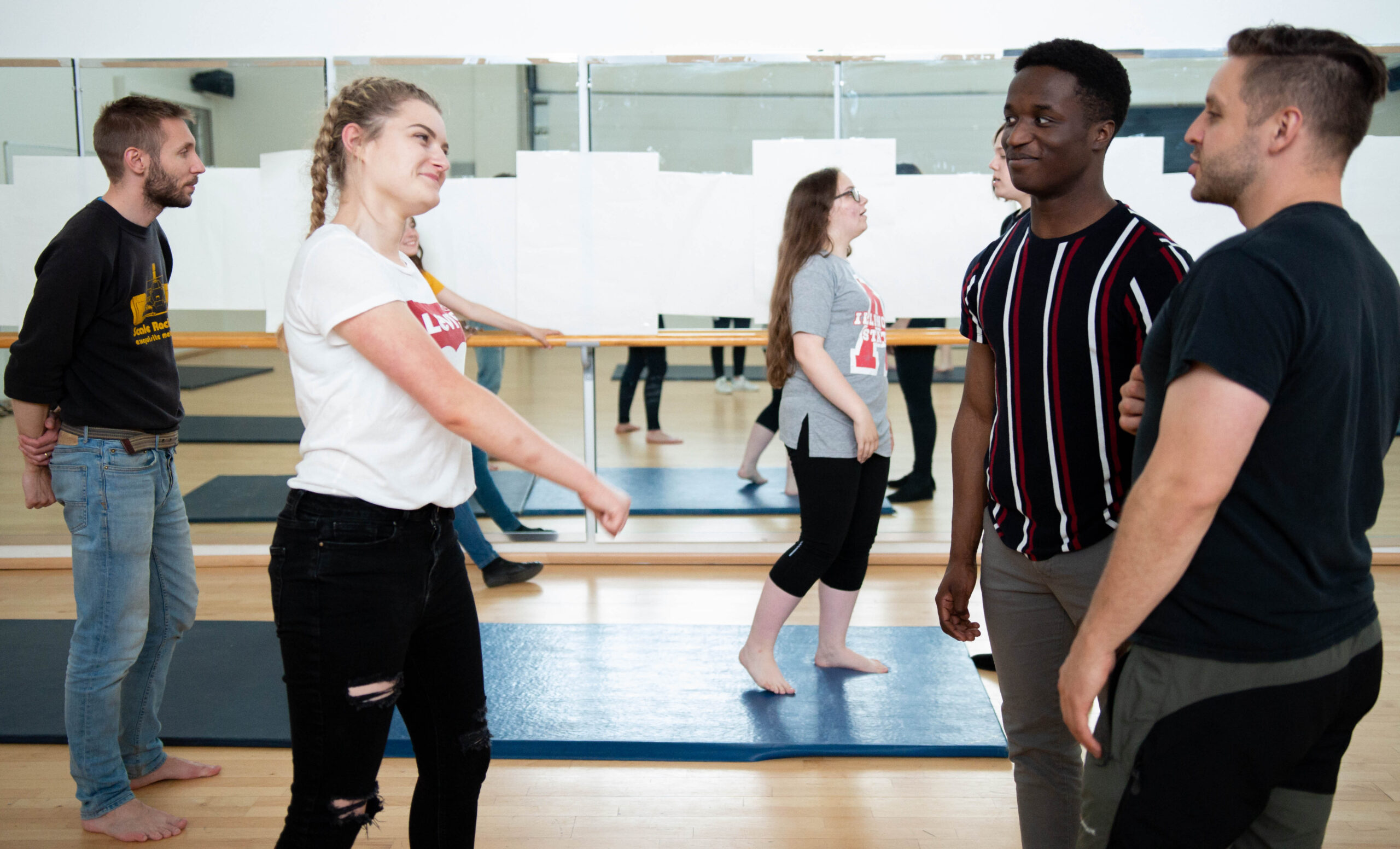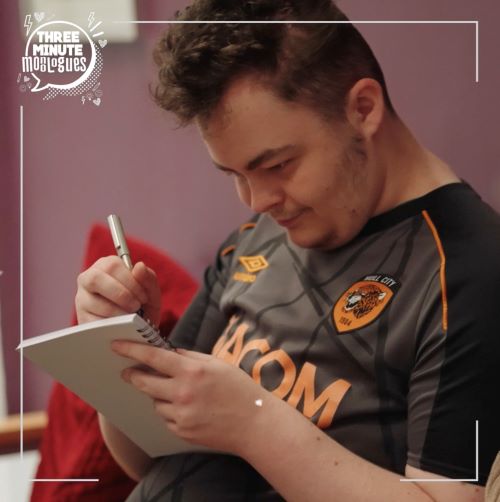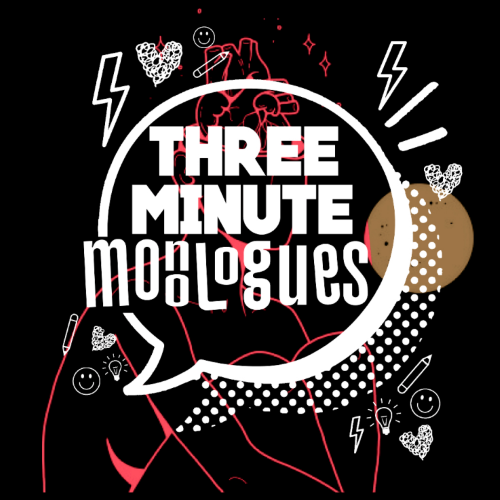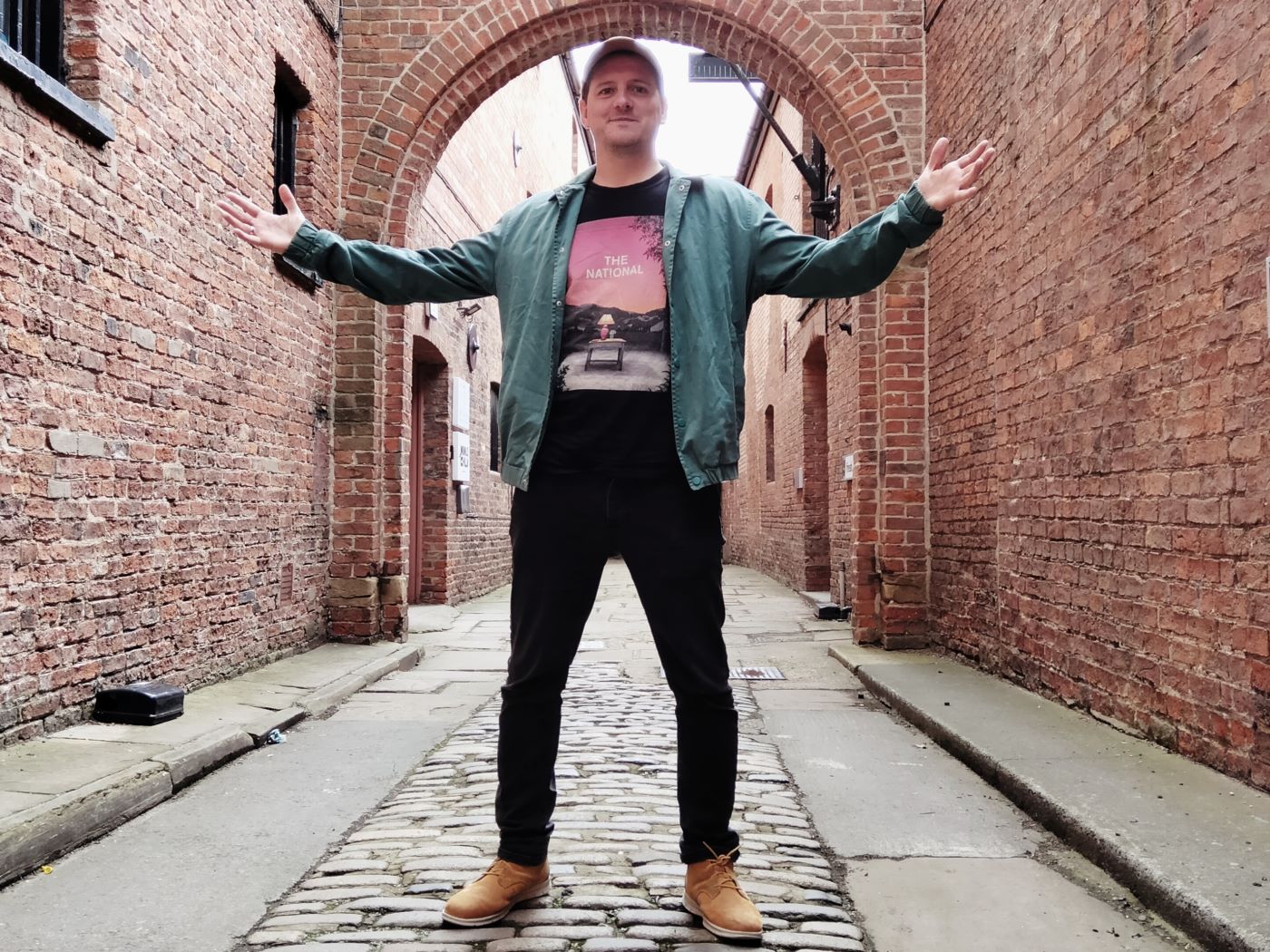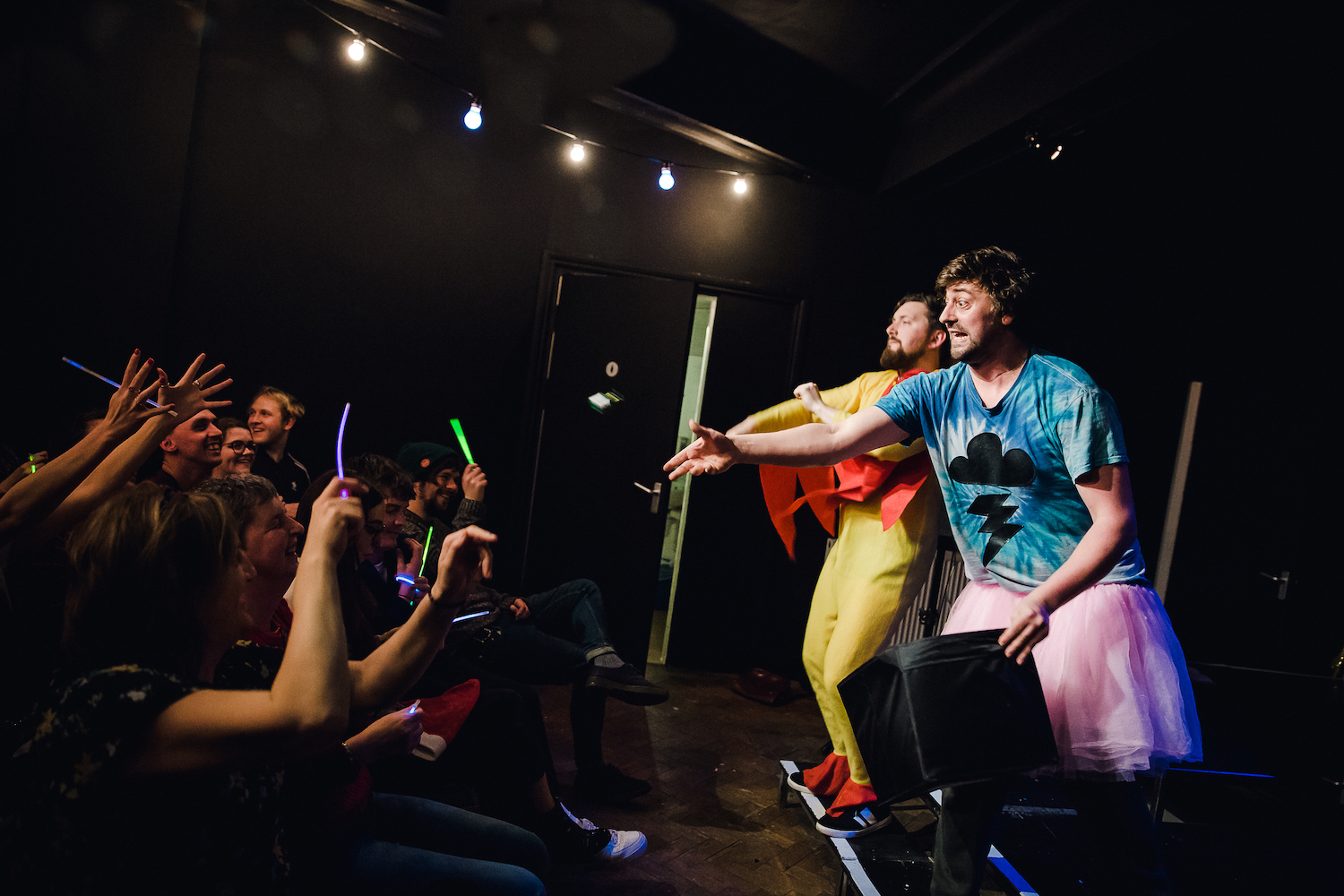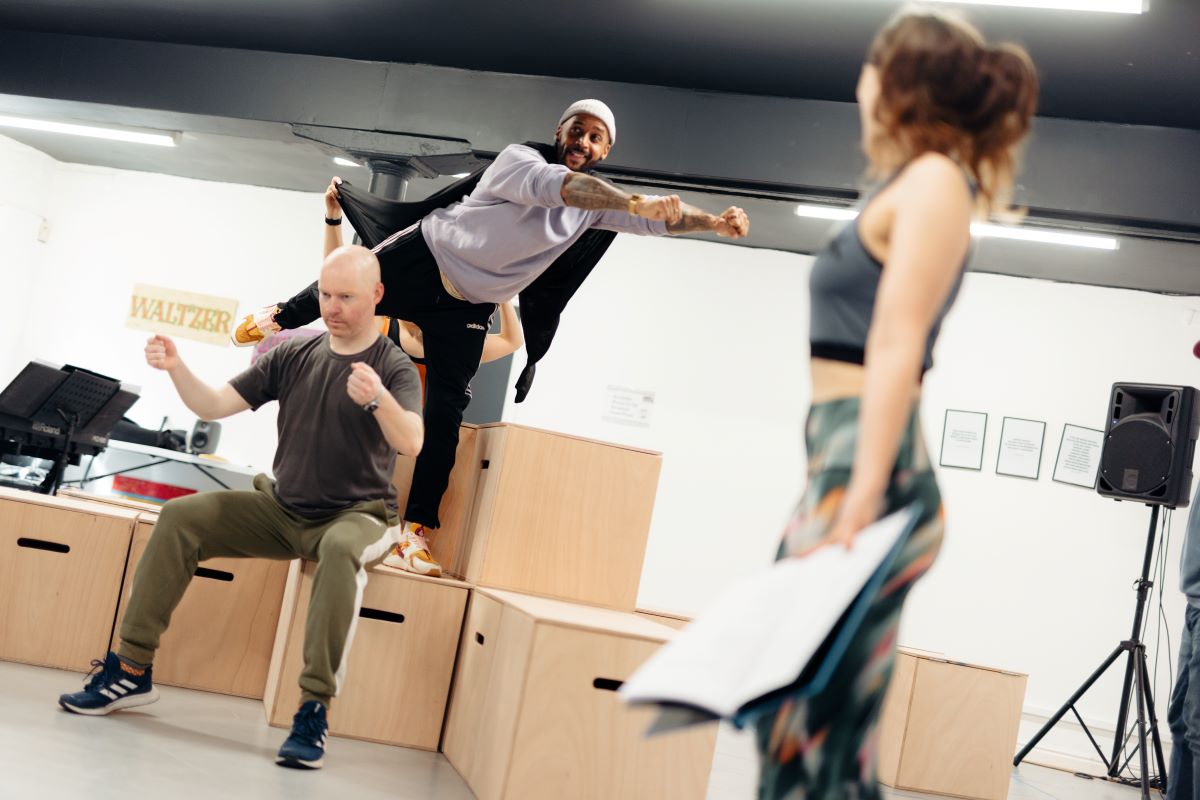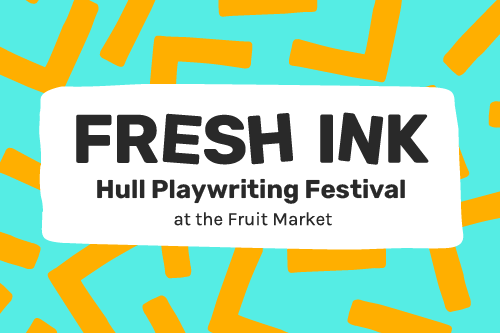
A new playwriting festival is coming to Hull next summer, supported with funding from founding partners Wykeland and J F Brignall Charitable Trust
Fresh Ink will support writers from Hull to create and develop new plays in the city, while giving audiences a glimpse behind-the-scenes of how theatre is made.
Inspired by ‘scratch’ nights, the festival will stage script-in-hand performances of early-draft plays over one weekend in July 2024.
Performances will take place at venues across the Fruit Market, including the outdoor Stage @TheDock.
Six new plays of varying lengths will be commissioned for the festival, with applications now open to writers.
A company of actors will perform the plays and be made available to other theatre makers who have work they’d like to share with an audience.
This first festival will be a pilot, so Middle Child can learn what works best and improve on it for the following years.
Middle Child have launched the festival to address the numerous threats to new writing in theatre.
Artistic director, Paul Smith, said: “Edinburgh Fringe is becoming impossible for many companies, Vault Festival’s long-term future remains uncertain and challenges abound in finding financial deals for ‘risky new work’ that suits both touring companies and receiving venues.
“Theatre makers must also contend with rising costs, reduced audience numbers in the face of covid and competition for funding, while freelancers bear the brunt of low pay and fewer employment opportunities, especially in Hull.
“While these are massive, industry and country-wide challenges, we at Middle Child want to do everything we can to increase opportunity, employment and access for theatre workers in our small corner of the world.
“That is why we’re launching an annual new writing festival, to directly fund and support the grassroots development of new plays in Hull, bringing new ideas to the stage and inviting audience feedback on early work to shape its future.”
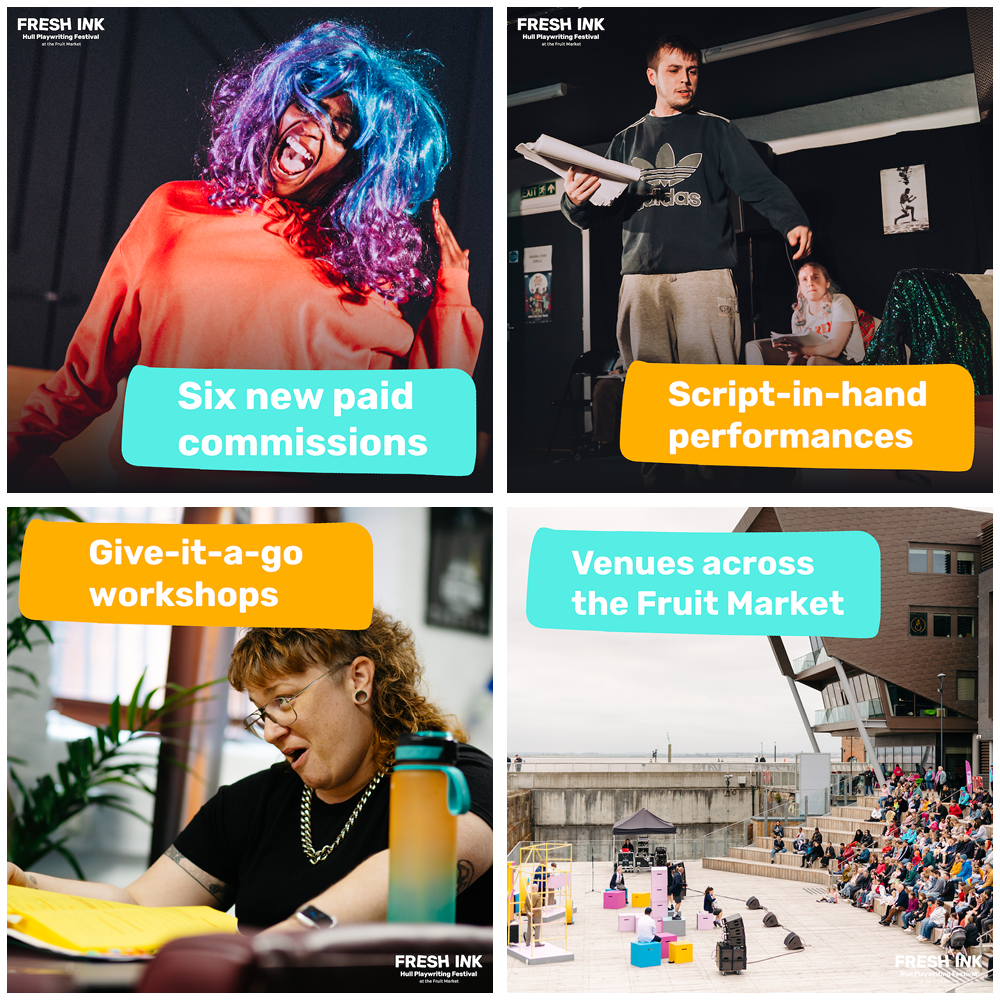
The six commissions up for grabs include two 15-minute pieces, two 30-minute plays and two more up to 70-minutes.
Writers with a connection to Hull are invited to apply for one of the commissions, with a new idea, before the deadline of Monday 8 January.
Chosen playwrights will then work with the Middle Child literary team to each write a new script, which will be performed at the summer festival.
Audiences will be able to enjoy the lo-fi sharings, then share their thoughts and feelings with the writers and creative teams.
Paul Smith added: “All of this is only possible thanks to the incredible support of founding partners Wykeland who are funding the first three years, and the J F Brignall Charitable Trust, who are funding the first two years of this exciting new event.
“Working with these brilliant local partners has already been incredibly liberating, as both demonstrate a genuine desire to make Hull a better place to live, work and play, and we thank them for their trust and support in making this dream a reality.”
Read more about the thinking behind the festival in artistic director Paul Smith’s blog post or find out all the details for the commissions on our commissions page.
The commissioned writers will be revealed at the Middle Child season launch in March 2024.
The full festival programme will be finalised, with tickets going on-sale, by June 2024.
Follow us on Twitter, Facebook and Instagram or join our mailing list to stay up-to-date with plans for the festival, alongside our various other projects.
